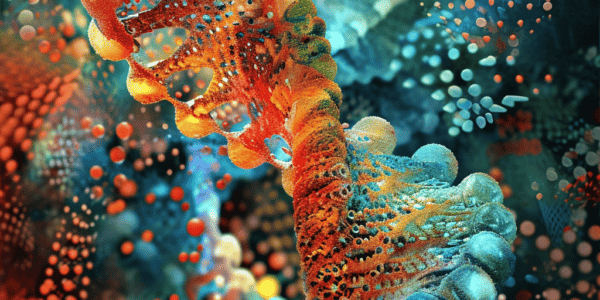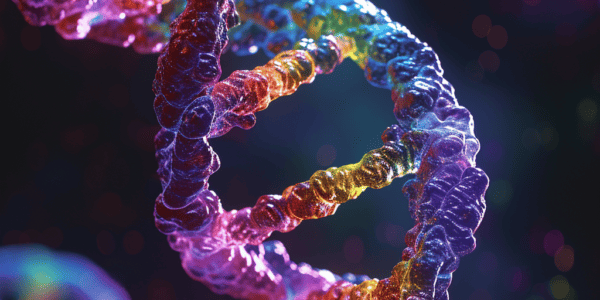Study Links High-Potency Cannabis to Epigenetic Changes in DNA
A recent study from King’s College London published in Molecular Psychiatry reveals that high-potency cannabis, particularly with THC levels of 10% or more, induces significant epigenetic changes in DNA. This research highlights the potential mental health implications of cannabis use, especially in individuals experiencing their first episode of psychosis. The findings suggest a unique DNA signature linked to high-potency cannabis, paving the way for future studies on its genetic impact and potential risk assessment for psychosis.
New Cheek Swab Test Promises to Predict Lifespan and Biological Age
Researchers have developed CheekAge, a groundbreaking test that predicts lifespan through a simple cheek swab. Published in Frontiers in Aging, this innovative tool analyzes epigenetic changes to assess biological age, showing a strong correlation with mortality risk. With potential applications in personalized medicine and preventive care, CheekAge could revolutionize health management as we age.
New Molecular-Editing Tool CHARM Developed to Combat Prion Diseases
Discover CHARM, a groundbreaking molecular-editing tool designed to combat prion diseases by targeting the gene responsible for harmful protein production. Learn how this innovative system modifies the epigenome to silence disease-causing proteins, offering hope for effective therapeutic intervention. Explore the potential of CHARM in revolutionizing treatment strategies for neurodegenerative disorders like Creutzfeldt-Jakob disease and fatal familial insomnia.
Research Reveals Role of Stochastic Variation in Developing Aging Clocks
Recent research by David H. Meyer and Björn Schumacher has highlighted the role of accumulating stochastic variation in developing aging clocks, providing valuable insights into the aging process and potential treatments for age-related conditions. Their study emphasizes the significance of accurate aging clocks in assessing interventions and preventive measures for age-related diseases, shedding light on the interplay between programmed and stochastic elements in the aging process.
Epigenetic Mechanisms Found to Play Key Role in Cancer Development
Recent research published in Nature reveals that epigenetic mechanisms, specifically the disruption of Polycomb group proteins, can lead to cancer cell fate without genetic mutations. This challenges the traditional view of tumorigenesis and emphasizes the importance of understanding epigenetic dysregulation in cancer development and therapy.
Epigenetic Signatures of Social Inequality in Spotted Hyenas
Research on spotted hyenas in Tanzania shows that social status affects gene activation at the molecular level, impacting physiological processes such as energy conversion and immune response. The study sheds light on the role of epigenetic mechanisms in the interplay of social, environmental, and physiological factors in highly social mammals.
New Epigenetic Clocks Revolutionize Age Measurement
Brigham and Women’s Hospital researchers have created groundbreaking epigenetic clocks that may change the way we determine age. This new technology has the potential to revolutionize age measurement methods.
Unearthing Individual-Level Mutation Risk Patterns
Unearthing individual-level mutation risk patterns Reviewed Jan 10 2024 Mutations, which occur continuously in every cell of our bodies, are a key contributor to cancer, ageing, and neurodegeneration. While exposure to mutagenic chemicals, or mistakes in cellular processes during DNA…
Unraveling the Role of Genetic Mutations in Aging and Disease Susceptibility
In a groundbreaking research initiative, scientists are embarking on a quest to unravel the role of genetic mutations in the aging process and their potential impact on diseases like cancer. Armed with a $3.5 million research grant from the National…
New Study Reveals 11,000 Vital Genetic Switches in Every Cell Type
Technological advancements have enabled scientists to comprehensively explore genetic control elements, unraveling the complexities of gene activation mechanisms in our genetic code. New evidence challenges the simplistic view that cis-regulatory elements (CREs) are mere on/off switches for genes, emphasizing their…










